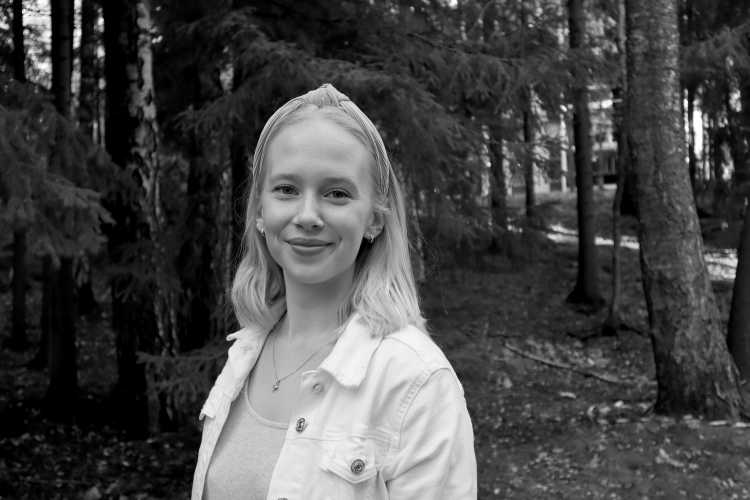The aim of this research was to analyze the relationship between managed and organic organizational culture. Interviews were carried out to figure how employees experience culture in contrast to what the organization shows through its home page and social media. The study was a qualitative study. A discourse analysis was made where the company’s home page and social media was analyzed. In addition, five employees from Wunderdog were interviewed.
Findings
The results of my study showed that Wunderdog is actively trying to create a very strong organizational culture. There are many parts of the culture that are managed. For example, the interior design at the office, the flat hierarchy, organized events such as the Wundertrip (a company-wide trip organized once a year) and monthly events. Apart from the managed culture, there are organic actions such as clubs (created by the employees themselves) tech sessions each Friday, in which the employees share their knowledge with each other.
Wunderdog is a flat organization, and this can be challenging sometimes. Employees are self-governing. Downsides to such independence at work are occasional stress and informal hierarchies. Because the hierarchy is flat, sometimes the employees don’t get as much feedback on their work as perhaps they would wish for.
Wunderdog is a flat organization, and this can be challenging sometimes.
The feeling of togetherness at Wunderdog is rather strong considering that a big part of the employees who are consultants only work at the Wunderdog office on Fridays. The communication between consultants is mainly through Slack. This affects the feeling of togetherness and it makes it more difficult for the consultants to ask for help, because of the fear of judgement. However, all respondents unanimously pointed out that help is always granted when asked. As this quote on Wunderdog’s home page reflects: “Behind each individual doggo there’s always the support of the entire Wunderdog team”.
In order to create a stronger relationship between the employees, Wunderdog has Office Fridays: a day in which all employees work at the Wunderdog premises. Wunderdog also organizes numerous events outside of the office, which, according to some of the respondents, connect the employees with each other and make working together easier. In contrast, half of the respondents did point out that they don’t find the events outside of the office important.
Wunderdog is also actively trying to create a culture where the employees’ voices are heard. The employees are almost always given a green light when it comes to new ideas of how to do things. In addition, Wunderdog makes changes in order for all employees to feel included. For example, this year's Wundertrip (cancelled due to Covid) was supposed to happen in Finland, enabling most of the employees to attend.
Wunderdog is also actively trying to create a culture where the employees’ voices are heard.
Even though the respondents pointed out areas within the culture and the organization that could be improved, the respondents enjoy working at Wunderdog. One of the consultants even pointed out it's the best work place the respondent has worked at so far.
Conclusion
The experience of conducting my research was really fun and interesting. Through the interviews, I felt that I got to see the organization through the eyes of the employees and all the respondents I got to interview were very open and shared their opinions and experiences, both positive and negative. Wunderdog seemed very interested in the topic of my research too, which shows a deep interest in its employees' well-being and a determination to keep improving itself as an organization.
Read Wunderdog's culture manifesto.
Hi, I’m Maria, I recently graduated with a Master’s degree from Hanken School of Economics. My major at Hanken was management and organizations and I was allowed to conduct my research for my master’s thesis at Wunderdog in Helsinki. I was familiar with Wunderdog as a company before I started writing my thesis and it was Wunderdog itself that got me interested in the topic of organizational culture.
The reason why I got intrigued about Wunderdog and its culture was the company’s strong and relaxed culture. Wunderdog seems willing to put a lot of effort and resources into its employees’ well-being. Because my interest in the subject came from Wunderdog, I was very excited to be allowed to do my research at Wunderdog and interview a few of its employees.
